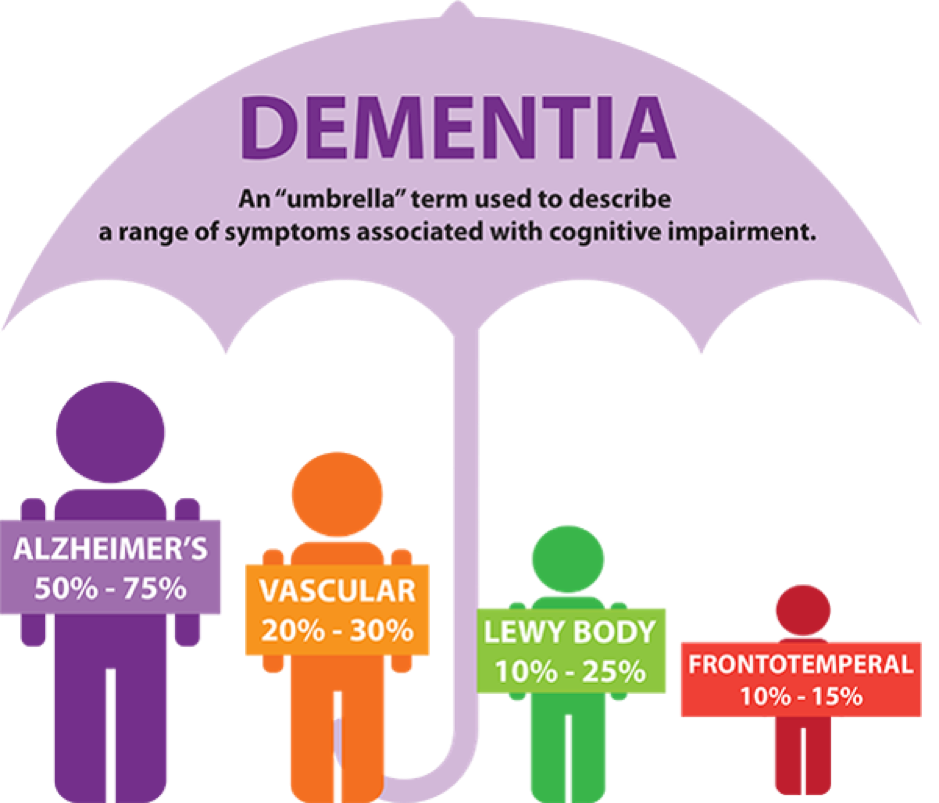Dementia has increased astronomically in Nigeria by 400 per cent in the last two decades, a study published by the University of Edinburgh, Scotland, in the Journal of Global Health Reports, has shown.
Dementia is a broad category of brain diseases that cause a long-term and often gradual decrease in the ability to think and remember that is great enough to affect a person’s daily functioning.
The global epidemic that has been found to occur more in low-and-middle-income countries is closely linked to ageing.
It is estimated that about 47.5 million people are living with dementia globally, with over two-thirds residing in LMICs in Africa, where there is very limited access to social protection, relevant care, services, and support.
This study also showed that some Nigerian communities still link dementia to a normal process of aging.
With many patients stigmatised and abandoned in the belief that their condition was beyond medical intervention, many of those affected delayed seeking medical care and endured a poor outcomes.
However, the study revealed that the situation was exacerbated by poor mental health service access which partly results in high out-of-pocket expenses that few can afford.
The study authors estimated that the number of dementia cases increased by over 400 per cent over a 20-year period, from 63,500 in 1995 to 31,8000 in 2015.
Prevalence was highest in the North-Central followed by North-West and South-West. While the prevalence was also higher in urban settings compared to rural settings, according to the study.
Alzheimer’s disease, one of the subtypes of dementia, had the highest prevalence, while other dementia sub-types had prevalence rates less than one per cent.
The lead researcher, Dr Davies Adeloye, of the Centre for Global Health Research, University of Edinburgh, said some of the factors responsible for the prevalence of the disease included genetic, cultural, and nutritional variation in the country.
He urged the government to provide comprehensive care and support institutions for people living with dementia as this is currently lacking in the country.
Adeloye called for a bill to protect the rights of individuals with mental disorders and setting standards for mental health practice in the country.

